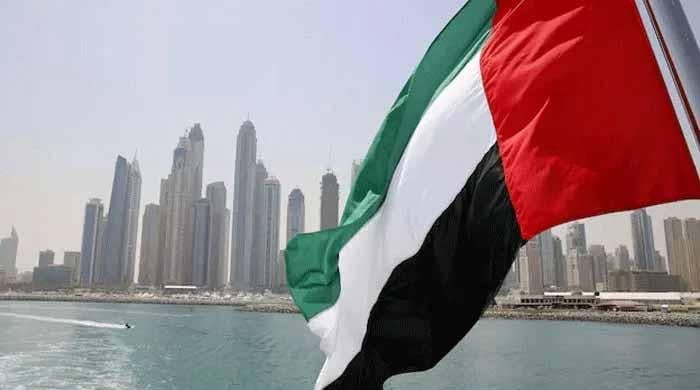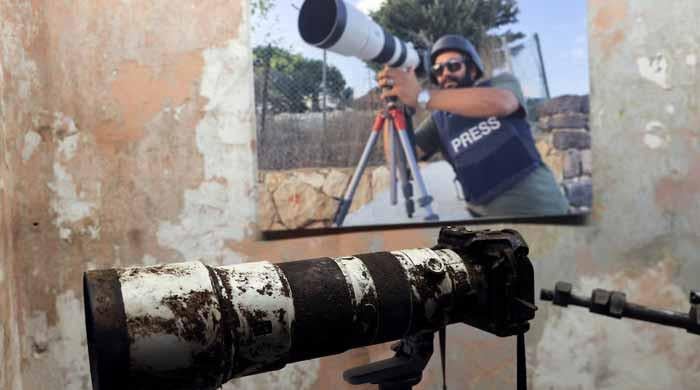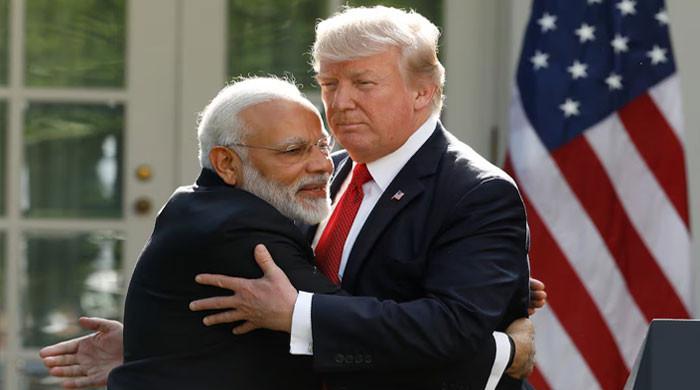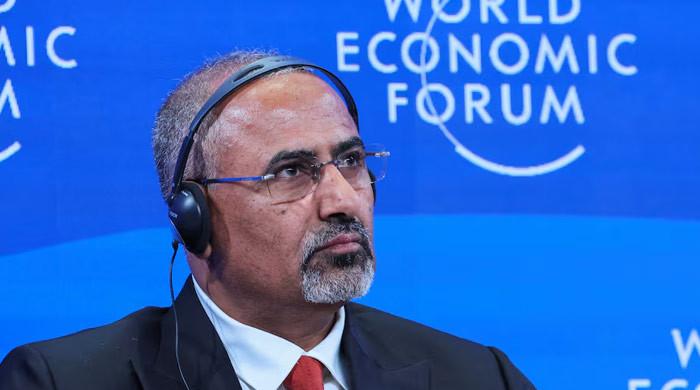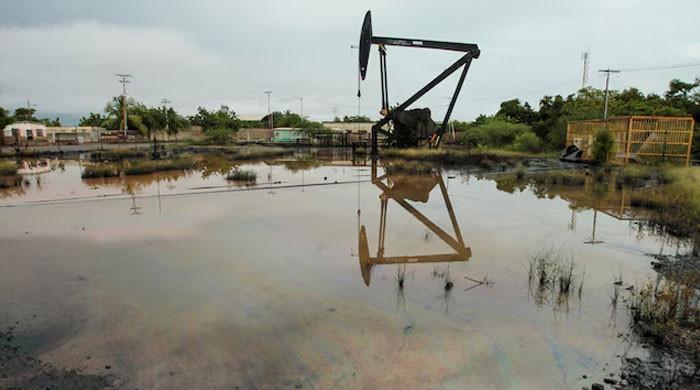Iran seizes oil tanker involved in dispute with US near Oman
The US condemned what it called an "unlawful seizure" and demanded Iran "immediately release the ship and its crew"
January 12, 2024
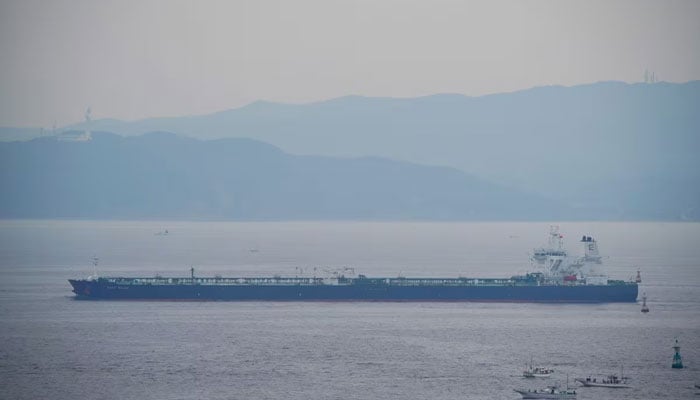
Iran's seizure of an oil tanker off the coast of Oman has raised the prices of oil, threatening further hikes.
On Thursday, while the oil tanker was approaching Turkey, armed men directed it to proceed to a port in Iran, BBC reported on Friday.
After the event, the price of a barrel of Brent crude oil increased by more than 2% to $78.40.
The British government has indicated that the disturbance in the Red Sea may cause the country's economy to contract much further.
Currently, Europe is more reliant on gas exports flowing via the Gulf and the Strait of Hormuz.
Iran's seizure of the oil tanker, which local state media portrayed as reprisal for the US's takeover of the same vessel last year, raises the possibility of further Middle East violence, which might have an impact on gasoline prices in the UK.
The US condemned what it called an "unlawful seizure" and demanded Iran "immediately release the ship and its crew".
An increase in oil costs can cause both inflation and gas pump prices to rise. The UK's inflation rate has been declining and is at 3.9%.
The Automobile Association (AA), a motorist club, reports that on Thursday, the average price of a liter dropped below £1.40 for the first time since October 2021.
The national average for diesel is currently 147.83p per liter, as compared to prices last year at 171.93p.
The capture of the oil tanker by Iran doesn't seem to be related to the strikes that Yemeni Houthi rebels conducted across the Arabian Peninsula in the Red Sea.
However, as noted by Capital Economics chief commodities economist Caroline Bain, the oil market's response to these strikes and the Israel-Hamas conflict has been rather subdued.
"Initially, when the war broke out, there were fears that some of the major oil producers in the region, particularly Iran, but also Saudi Arabia would become actively involved", she stated.
However, Bain stated that there has been a "surprisingly strong growth in US oil production in 2023 and in some other non-OPEC producers such as Brazil and Guyana", which has "allayed fears of disruption to Middle East supply".




